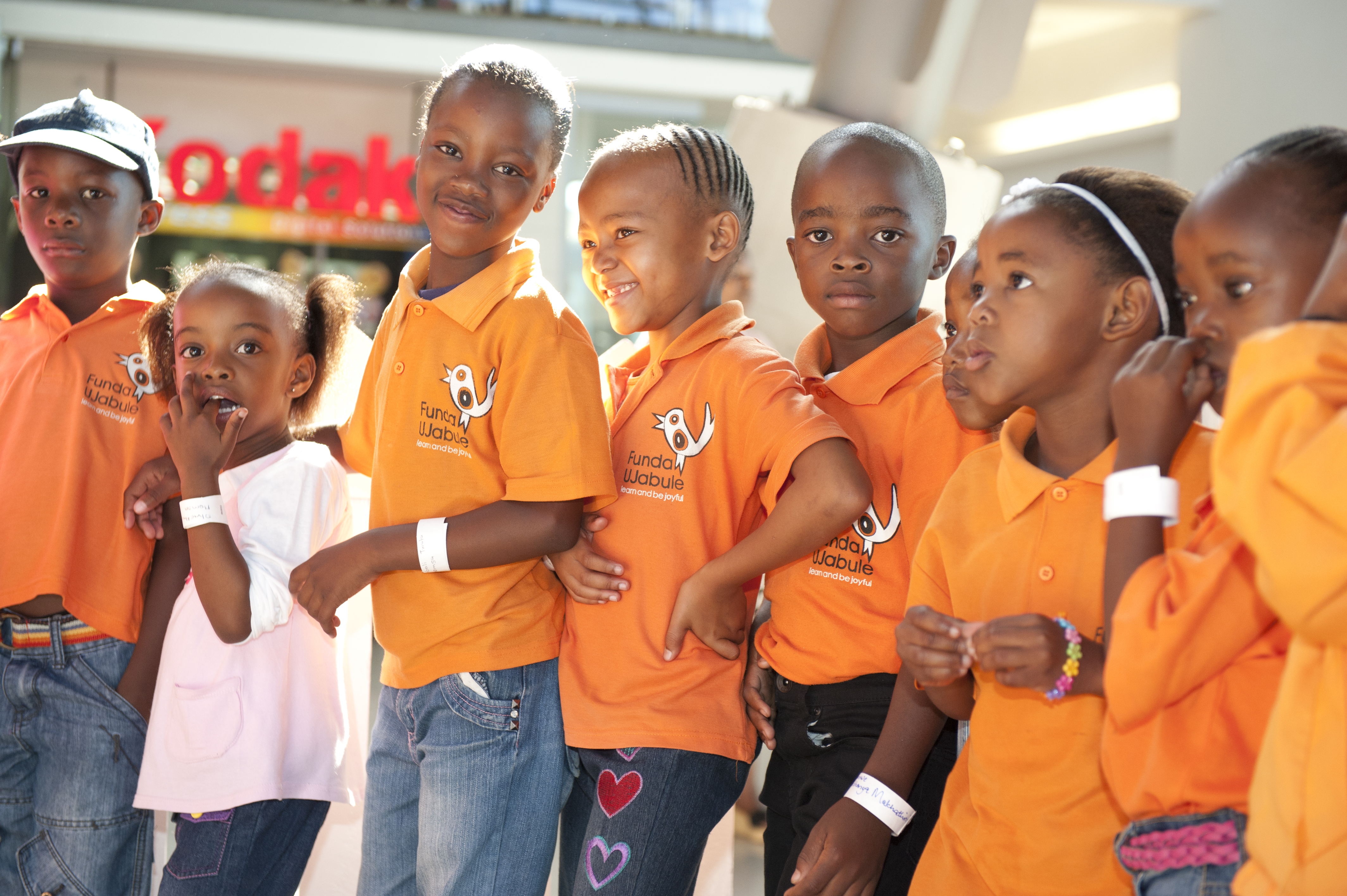Childhood Education
The academic department of Childhood Education (DCE), founded in 2010, was initially designated as a flagship programme area in 2015 under the banner of UJ’s Global Excellence and Stature (GES) programme. The DCE offers undergraduate and post-graduate qualifications in multiple areas of childhood education and teacher education at honours, masters and doctoral levels. The programme is staffed mainly by faculty members from the Department of Childhood Education with selected staff from the Department of Educational Psychology and the Department of Mathematics, Science and Technology Education.
In the Soweto campus’s professional undergraduate programmes, teachers qualify for posts in the foundation and intermediate phases of schooling. The foundation phase qualification aims to deliver professionally qualified beginner teachers for the Foundation Phase, Grades R – 3. This is done by providing student teachers with a well-rounded education that equips them with the required subject content knowledge base, teaching competence, and a sound and nuanced understanding of the integrated nature of theory and practice in education and the context of the teaching profession in South Africa. The programme focuses specifically on child development, literacy, numeracy (mathematics) and the knowledge that underpins life skills.
The School-based teacher education programme offered online is an extension of the UJ Foundation Phase teacher education model, which incorporates a teaching school. The programme works in partnership with selected schools and/or bursary programmes. It operates as a hybrid between a teaching school and a professional practice school, as described in the Strategic Planning Framework for Teacher Education and Development in South Africa 2011–2021 (Departments of Basic Education and Higher Education and Training [DBE & DHET] 2011). The coursework for students enrolled in this programme is offered online with academic support from lecturers and peer tutors.
This school-based teacher education programme enables the Faculty of Education to respond to the increasing number of schools and/or bursary programmes that offer full time teaching internships to students with the expectation that they enrol for a teaching degree through an accredited service provider.
The Bachelor of Education in Intermediate Phase Teaching prepares students to teach learners from Grades 4 to 7. This is done by providing student teachers with a well-rounded education that equips them with the required subject content knowledge base, teaching competence, and a sound and nuanced understanding of the integrated nature of theory and practice in education and the context of the teaching profession in South Africa. Students who complete this programme will be able to:
- Teach English as a First and Additional language and communicate in either Sesotho or isiZulu.
- Teach all school subjects in the Primary School in the subject areas: Mathematics, Science and Technology, Social Sciences, Life Skills, and isiZulu/Sesotho, in accordance with learners’ needs and the requirements of the school curriculum.
The department works closely alongside Prof Elizabeth Henning, the South African National Research Foundation Chair for “Integrated Studies of Learning Language, Mathematics and Science in the Primary School.” She leads research in mathematical cognition and language in the early years of school and primary school children’s learning of science concepts and reading of science texts.
The Faculty of Education makes research available to those interested in childhood education through its Knowledge for Action website https://knowledgeforaction.co.za. The website aims at providing actionable knowledge to educators to enable research-informed decision-making and teaching practice. It also gives educators downloadable research-based tools.
For more information, please watch the following video: https://www.youtube.com/watch?v=2ih8yAgeFlQ

